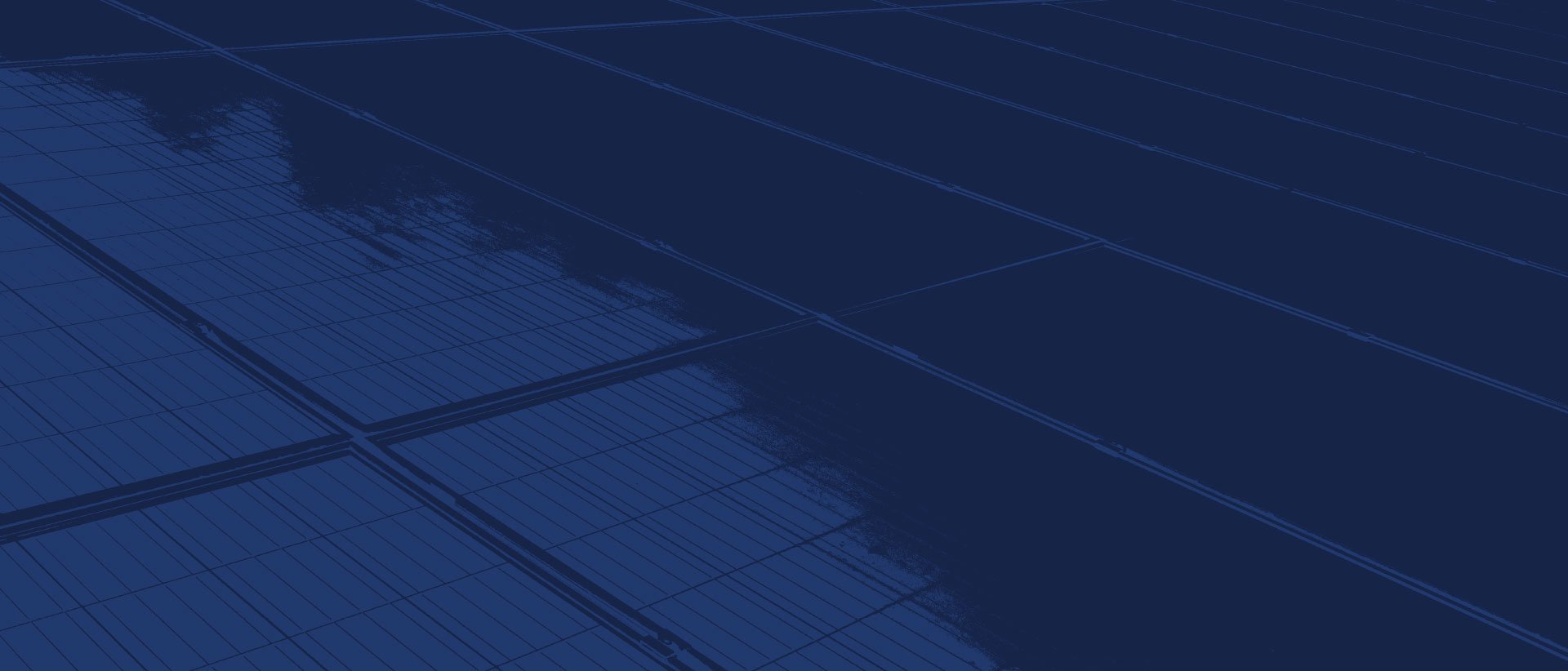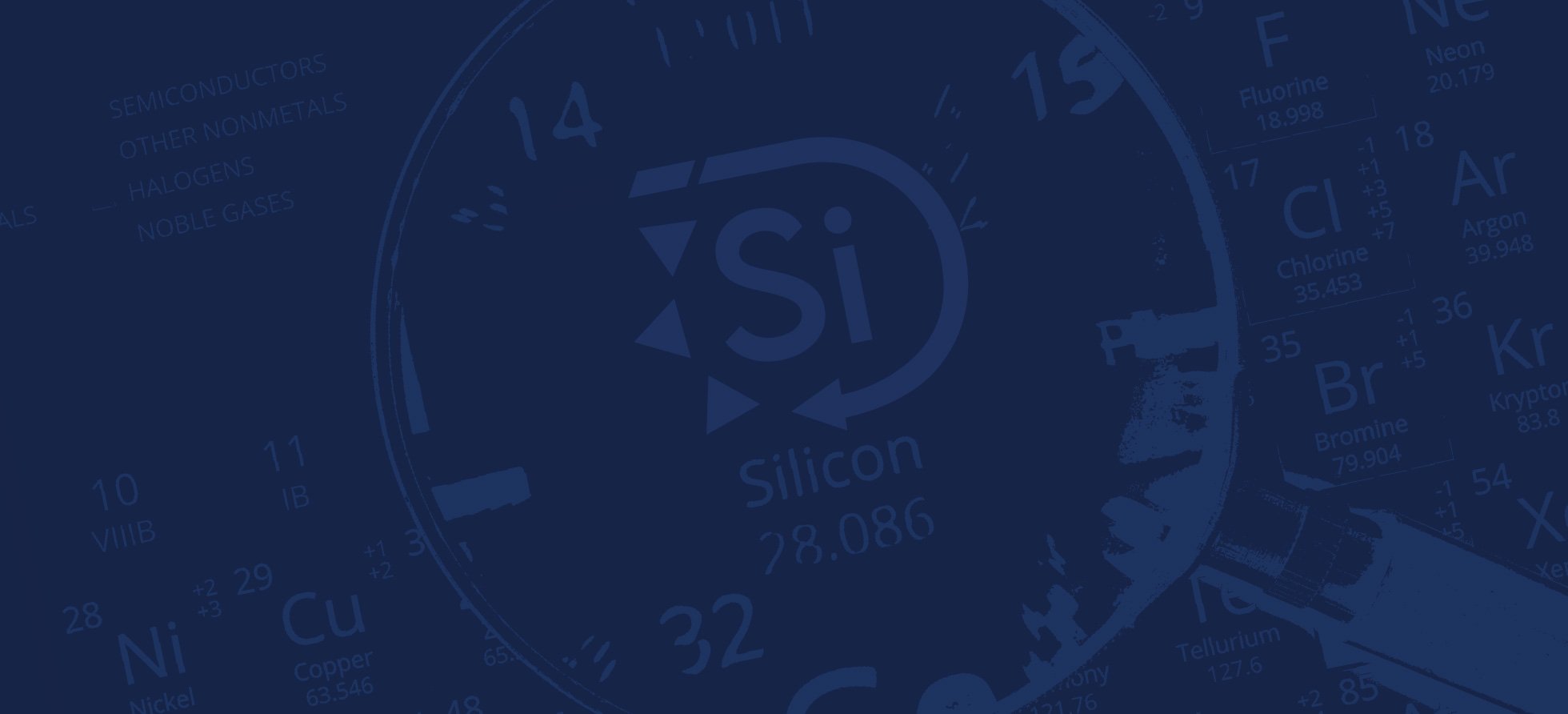
PARTNERS
Paving the way for European industrial mass production of recycled silicon


Applied Materials Italia
Applied Materials Italia, formerly BacciniTM, is a leading equipment supplier to the solar industry. Founded in 1967 in Treviso, Italy by Gisulfo Baccini, BacciniTM pioneered the advancement of solar-cell manufacturing and became an industry benchmark for screen-printing production lines.
Baccini introduced the first fully automated c-Si solar screen-printing line “Twin” in 1996, followed by the Rotary LineTM in 2004 and the SoftlineTM in 2007. With its high-performing 20-MW-scale production lines, Baccini rapidly established a worldwide presence in the market by supplying its products and services to nearly every solar-cell manufacturing company.
Applied Materials acquired Baccini in 2008 and helped to sustain its rapidly growing business. Since then, Applied Materials Italia was able to provide the hundreds of production lines necessary to support the expansion plans of its growing network of customers. Together, they effectively contributed to the evolution of solar-cell technology throughout the world.
In the FORESi project, Applied Materials Italia is focusing on specifications and design for a PV recycling factory by providing information and supplying solar cells for recycling. Additionally, Applied Materials Italia supplies solar cells for the task of “building and operating the units for the PV recycling factory”.
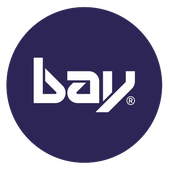
Bay Zoltán Nonprofit Ltd.
Bay Zoltán Nonprofit Ltd. for Applied Research, a Hungarian company with several research institutes in different areas of the country, excels in various competencies including supporting eco-design principles through Life Cycle Assessment (LCA), Life Cycle Costing (LCC), and Techno-Economic Analysis (TEA). The company conducts feasibility studies, technology mapping, validation and market analysis. They offer project and IP management, training, communication, and dissemination activities, as well as production and logistics system design and analysis. In addition, Bay Zoltán specialises in materials testing and measurement, as well as the development of materials, technologies, and products.
In the FORESi project, Bay Zoltán Nonprofit Ltd. leads the multi-faceted impact assessment work package. This includes the evaluation of environmental performance through methodology development, data collection and analysis, as well as conducting economic and holistic technical performance assessments (TEA) of the entire process. They also perform environmental LCA analysis and carbon footprint assessments, participate in social and normative/legal performance assessments, and conduct barrier analysis through information gathering and analysis.

Boralex
As an electricity producer, Boralex is one of the major Renewable Energy players in the Canadian and French market. Boralex is also present in the United States and the United Kingdom. The company focuses on the development, construction and operation of renewable energy as wind, hydroelectric, solar, and storage facilities.
In France, Boralex possesses a robust portfolio of 6.4 GW in development and construction, as well as 1,280 MW in operation, making it the largest independent producer of onshore wind power in the country. Driven by strong social and environmental values, Boralex is committed to supplying clean energy in a competitive market while adhering to a ten-priority Corporate Social Responsibility (CSR) strategy. This way, Boralex aimes to double their energy production to 10 GW by 2030.
Boralex’s contribution to the FORESi project includes participating in economic barrier analysis forecasting and characterization of future PV waste streams. Additionally, as an end-user, Boralex is providing insights by installing a prototype on a photovoltaic site, helping the demonstration of new recycled modules.

CARBON
CARBON is a Gigafactory set to launch in France in 2026, integrating the core of the PV value chain. CARBON's mission is to lead the reshoring of the European PV ecosystem by producing competitively priced, fully traceable, ESG-compliant, high-efficiency, and ultra-low carbon photovoltaic cells and modules. The facility will handle the production of ingots, bricks, and wafers with varying percentages of recycled silicon, alongside cells and modules, achieving an annual production capacity of 5 GWp. CARBON's industrial architecture includes CARBON Labs for R&D and innovation focused on improving process, technology, and products, and CARBON One an industrial and commercial accelerator aiming to produce 500MWp of modules by the end of 2025.
In the FORESi project, CARBON's tasks include demonstrating new module production from recycled silicon, integrating recycled silicon into newly manufactured PV modules at an industrial scale, implementing funding stream identification, and creating a replication roadmap to scale up and replicate PV recycling factories across Europe.
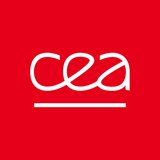
CEA
The French Alternative Energies and Atomic Energy Commission, known as CEA (Commissariat à l'énergie atomique et aux énergies alternatives), is a French government-funded public research organisation specialising in energy, defence and security, information technologies, and health technologies. With 20,000 employees CEA is France's leading research organisation in terms of published patent applications and the number one patent applicant in Europe according to the European Patent Office.
In the FORESi project, CEA is involved through its CEA-INES Institut, a world leader in R&D, expertise, and training for advanced solar technologies and their integration into systems and intelligent energy management. CEA is leading the "Specifications and Design for New Modules Production from Recycled Si" task, which aims to prepare future ingots, cells, and modules from recycled silicon feedstock. This includes the investigation and testing of Cz wafer pre-gettering steps and the definition of silicon feedstock specifications for solar cell processing. CEA supports SiPow by providing solar cells and precursors as references. In addition, CEA is leading the "Demonstration of New Modules Production from Recycled Si" task, which includes the evaluatinon of recycled silicon from SiPow, Cz ingot growth, material characterisations, cell processing, cell characterisations, and manufacturing mini-modules (2x2 cells) for indoor and outdoor characterisations.
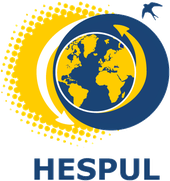
Hespul
Hespul, a French non-governmental organisation (NGO) based in Lyon, has over 30 years of experience in promoting the rational use of energy and renewable energies through technical, educational, and social activities. With a team of 31 people, including photovoltaic engineers, grid experts, web developers, and education professionals, Hespul is dedicated to advancing the renewable energy sector. The organization engages in advocacy, research and development, popularization, and support for photovoltaic project managers. Additionally, Hespul offers professional and university training, disseminates information to the general public, and much more.
Within the context of the FORESi project, Hespul is leader of the dissemination, communication and clustering activities. The NGO also assesses social, normative and legal performance, develops reuse normalization and policy recommendations at the European level and provides technical and business specifications for PV collection logistics, reuse, and repair.
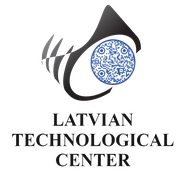
Latvian Technological Center
The Latvian Technological Center (LTC) is a technology, business, and innovation hub established in 1993 by Riga Municipality, the Academy of Science, and the Institute of Physical Energetics. As a public foundation, LTC bridges the gap between higher education, scientific institutions, and technology-oriented companies. It supports small and medium-sized enterprises (SMEs) through various projects, including Interreg, Horizon Europe, and Erasmus, alongside innovation initiatives like SME training, policy development, technology transfer, and commercialisation of research results. LTC is also involved in digital prototyping and international cooperation.
Focused on sectors such as digital creative industries, electronics, automation, sustainability, and agriculture, LTC plays a pivotal role in FORESi by developing methodologies for solar panel repair and logistics, conducting social assessments for circular economy practices, performing market analysis in the Baltic region and Nordic countries, and leading communication and dissemination efforts in these regions.

Mondragon Assembly
Mondragon Assembly is a world leader in the automated assembly and equipment sector, renowned for its expertise in designing, producing, and installing a diverse range of automation equipment. As part of the world’s largest cooperative group, Mondragon Assembly Group employs over 650 people across six production plants and operates in three main business units: solar, energy storage and e-mobility, and automation. In the solar sector, they specialise in high-tech automated turnkey production lines and machinery tailored to high-value applications.
Within the FORESi project, Mondragon Assembly's main tasks include the development of recycling equipment, the creation of quality control equipment for incoming modules, and the advancement of other recycling processes such as the removal of frames, junction boxes, and backsheets.
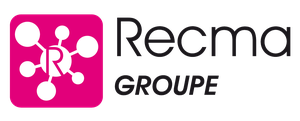
RECMA
RECMA, a Belgian company and pioneer in the social economy, aims to promote social and professional integration through job creation. Specialising in industrial cleaning, fire restoration, and the preparation of premises for relocation, RECMA also excels in the collecting, sorting, dismantling, and recycling industrial and domestic waste, including photovoltaic panels. The company has partnered with S.A. Comet Traitements to create the company "Solarcycle", which operates a complete unit for recycling and upgrading composite materials from PV panels. The company offers to take back used or decommissioned panels, fulfilling its recycling obligations by collecting and dismantling them.
As part of the FORESi project, RECMA is leading the specification and design of a PV recycling turnkey factory and is responsible for construction and operation the units for this factory. The company will outline the technological and logistical requirements to industrialise the dismantling and sorting processes of end-of-life PV panels. It will focus on assembling, demonstrating, testing and optimising the complete recycling system.

SiPow
SiPow, a new branch from Norwegian NanoPow, specialises in production of high-quality monocrystalline silicon from photovoltaic (PV) panel waste. The company aims to achieve industrial-scale viability by processing PV waste with the following primary objectives:
- Acquire low-purity recycled silicon.
- Purify the silicon to meet market demands.
- Supply the purified silicon to users such as nano silicon and battery manufacturers.
In the FORESi project, SiPow is the coordinator of the consortium and also responsible for demonstration of the purification process at Technology Readiness Level 7 (TRL7).

Slovak University of Technology in Bratislava (STU)
The Faculty of Mechanical Engineering (FME) at the Slovak University of Technology in Bratislava (STU) is one of the seven faculties of the largest University of Technology in Slovakia. Its areas of expertise include applied mechanics and mechatronics, automation of machines and processes, robotics, automobiles and mobile machines, chemical and food machinery, metrology and quality, and thermal, hydraulic, and production machinery. FME leads the national platform for recycling technologies in the automotive industry, “UNIVNET,” which was established by five major Slovak technical and economic universities alongside representatives of the automotive industry.
Within the FORESi project, FME is primarily responsible for designing a procedure to separate silicon from the foil in PV modules, based on its patented process (SK288900), which focuses on high performance decomposition of laminated glass. This patented separation process will be adapted and optimised for the PV field and will be integrated as a key component of a turnkey recycling factory. Additionally, FME will develop an integrated platform for PV recovery technologies in English, covering the Slovak geographical scope.

